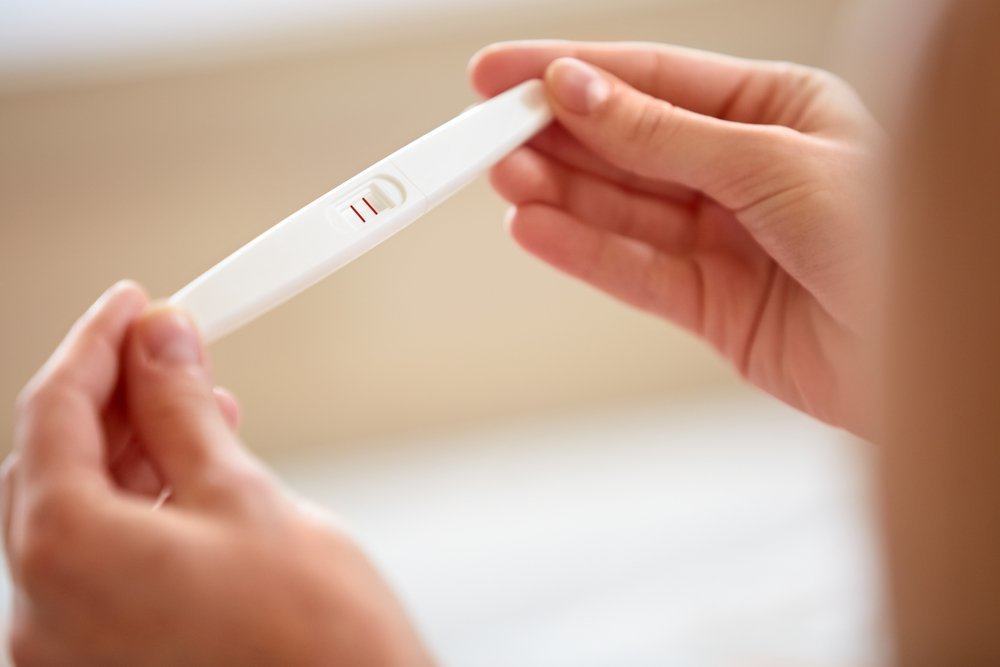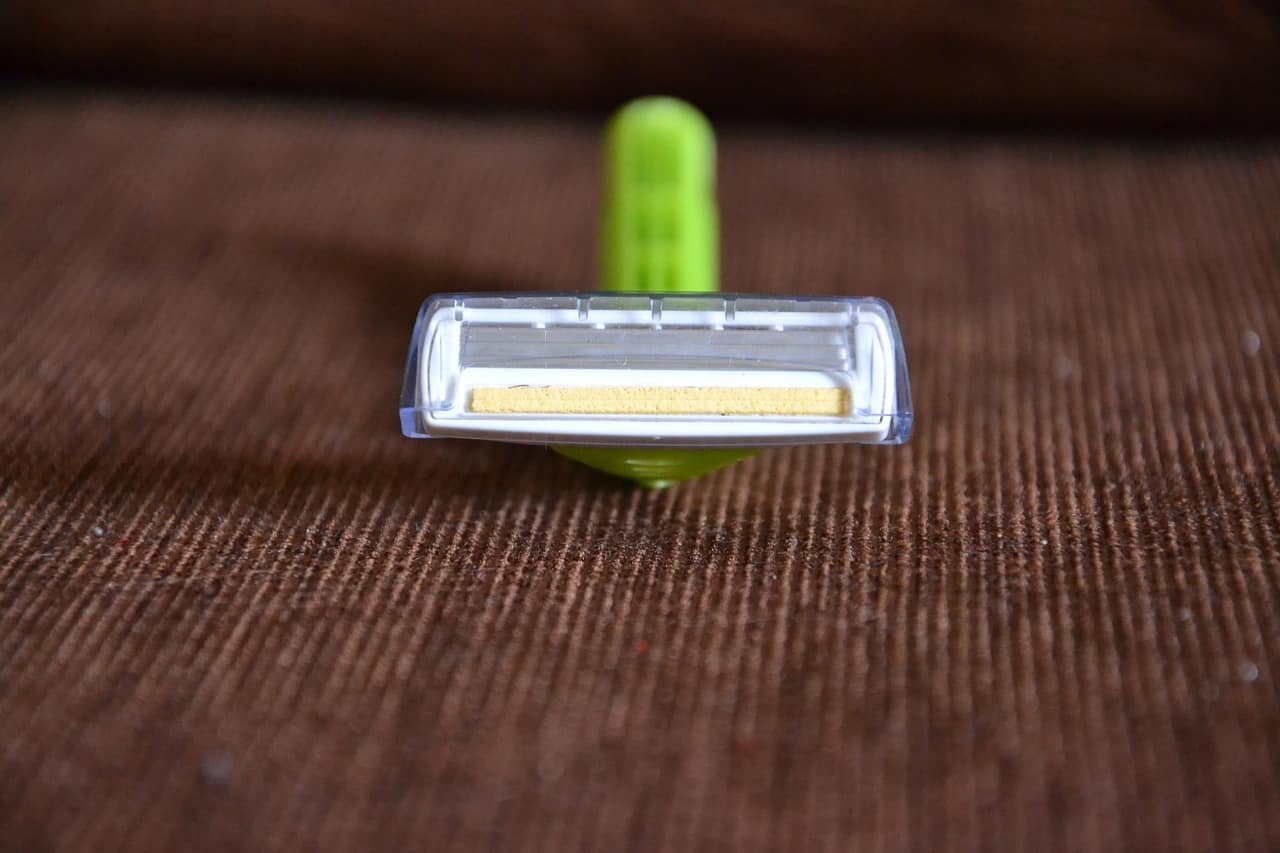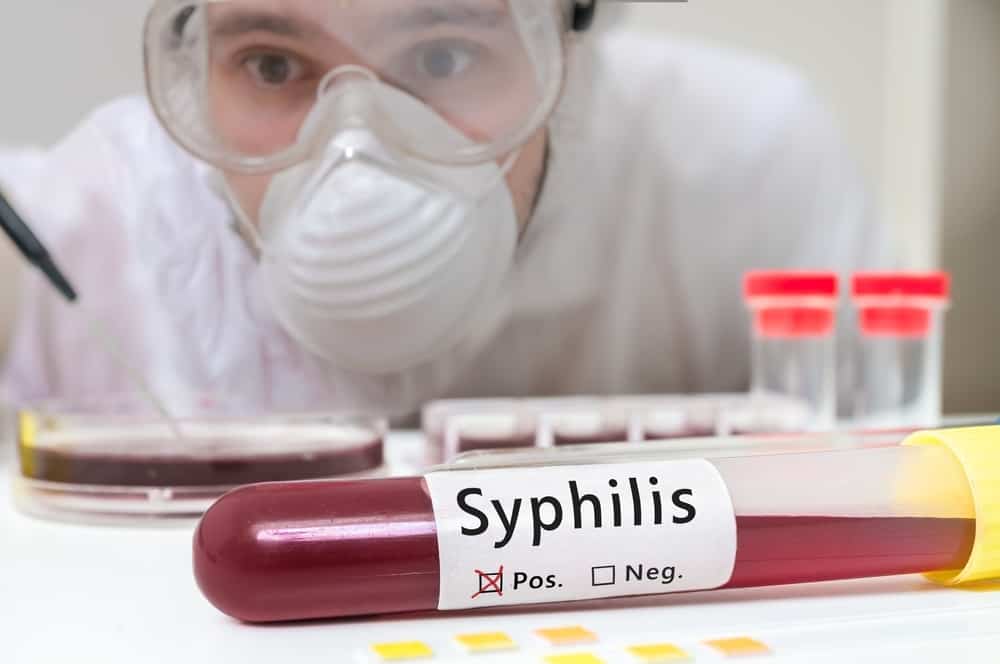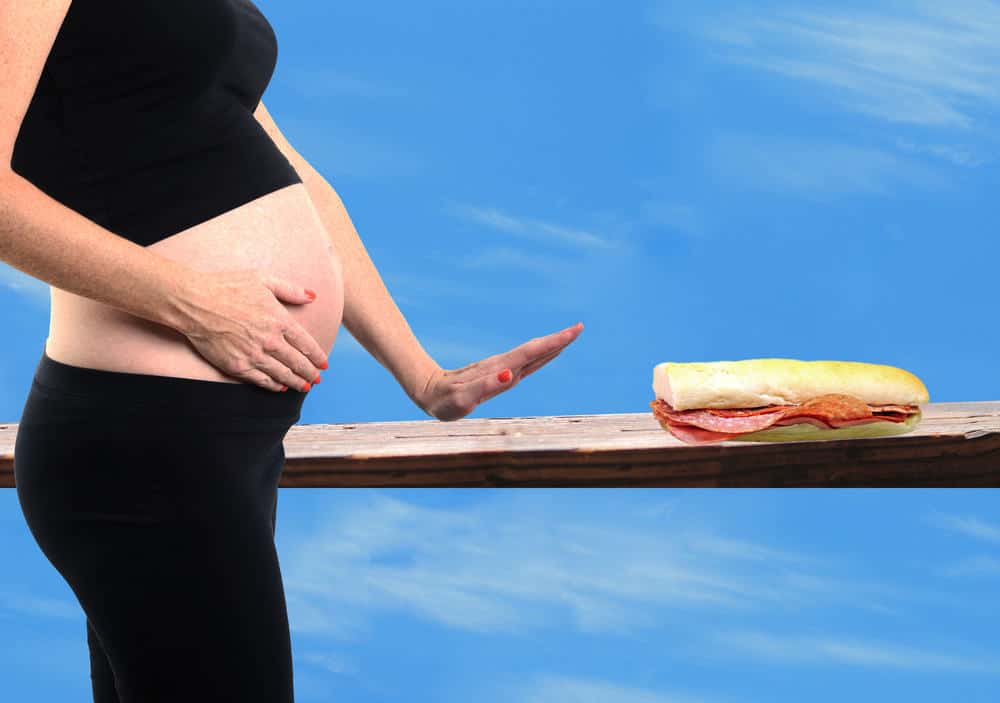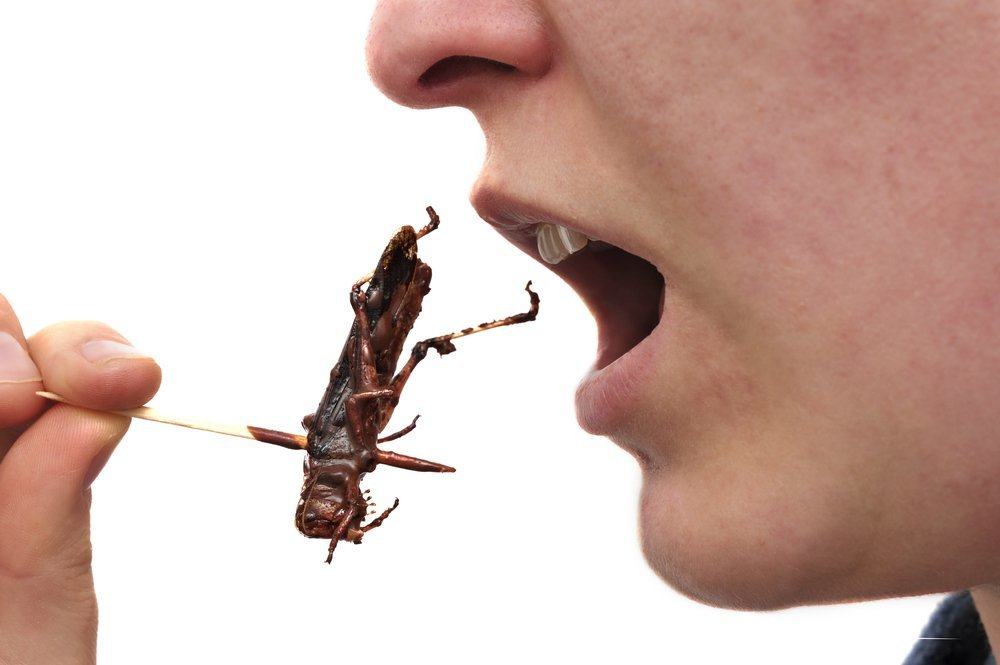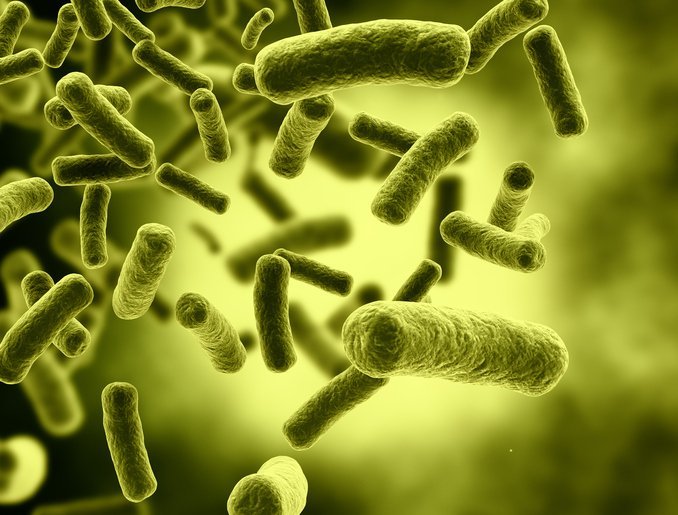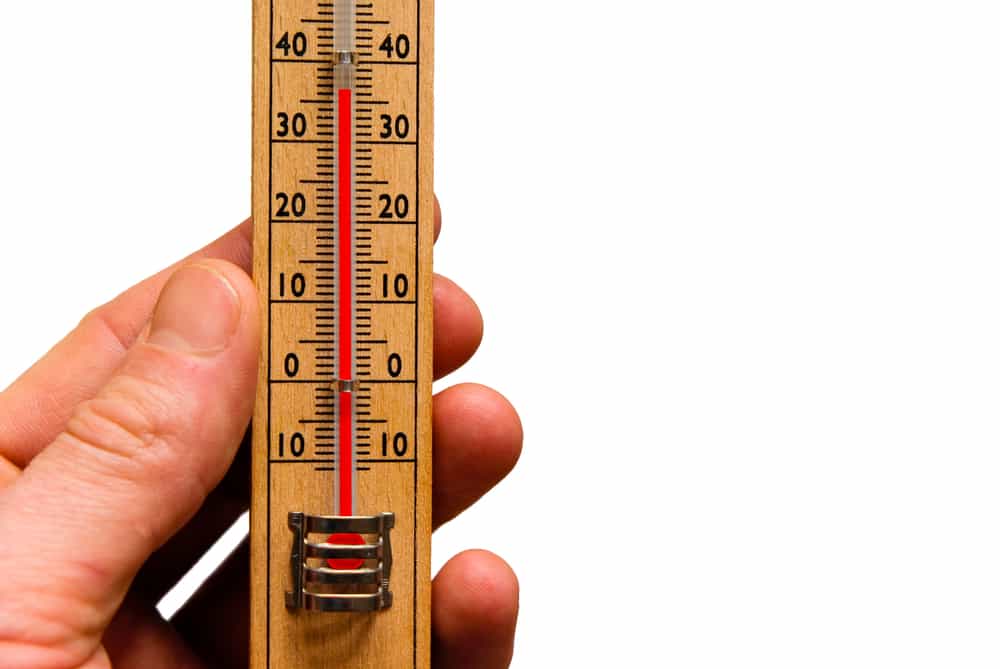Contents:
- Medical Video: Nutrition : How to Diet While Breastfeeding
- 5 food restrictions for breastfeeding so the baby is not bloated
- 1. Foods that trigger allergies
- 2. Vegetables that contain high fiber
- 3. Caffeinated foods and drinks
- 4. Spicy food
- 5. Fruit or acidic food
Medical Video: Nutrition : How to Diet While Breastfeeding
Many new mothers are wondering what are the dietary restrictions for breastfeeding, especially when your child becomes bloated and easy to get rid of the wind. Although some experts say that there are no certain foods for nursing mothers that are proven to cause excessive gas in the baby's stomach, you still need to be careful and careful in choosing foods and drinks during breastfeeding, to avoid digestive problems in the baby.
5 food restrictions for breastfeeding so the baby is not bloated
1. Foods that trigger allergies
There are still many mothers who do not know that foods that cause baby's stomach bloated, in fact can also trigger allergies in infants in the future. Usually babies who have symptoms such as runny nose, diarrhea, bloating, fartiness and even constipation may also have sensitivity or allergies to certain foods.
The most common allergy-triggering foods are cow's milk, soy milk, wheat-based foods, eggs and nuts. Allergy symptoms will appear in infants around the time of 5-24 hours after the process of nursing mothers.
If you see symptoms of flatulence, a mother may need to avoid dietary restrictions for breastfeeding within 2 to 3 weeks, to see the difference and reaction of the baby's stomach. Also consult with your doctor about which sources of calcium and protein can replace gas-containing foods and allergens.
2. Vegetables that contain high fiber
Various types of vegetables such as broccoli, cauliflower, cabbage, and beans are known to contain raffinose. Raffinose This is a sugar that must be fermented by bacteria in the intestine because the fiber is difficult to digest. Not infrequently, this type of vegetable often causes gas in the digestion of adults.
Some lactation experts also concluded, that traces of carbohydrates and sugars that cause gas from these fibrous foods can enter into breast milk. If you suspect that fibrous foods cause gas and bloating in the baby's stomach, it's best to stop the vegetable intake in a few moments. Alternatively, you can boil or steam the vegetables to soften vegetable fiber before eating.
3. Caffeinated foods and drinks
Foods and beverages that contain caffeine, not necessarily will cause gas in the stomach. But the caffeine content can cause irritation to the baby's stomach.Especially if the baby is easily bloated and plus the mother consumes caffeine in large quantities, it will cause discomfort in the baby's stomach after breastfeeding.
Some examples of foods and drinks that contain caffeine include coffee, tea, soft drinks or other soft drinks, and chocolate. To avoid excessive gas in the baby's stomach, limit 8 ounces per day to eating foods or drinks that contain caffeine.
4. Spicy food
Garlic, chili, cumin, curry spices, and red peppers are some of the types of food spices that cause bloated baby stomachs obtained from the consumption of breast milk. The health organization Sutter California Pacific Medical System said, actually it is still unknown if the spice proved to cause gas in the stomach of all babies. But, there are some digestive babies who are still weak and unable to receive spices so that they can eventually cause bloating and diarrhea.
5. Fruit or acidic food
Fruits and foods with high acid content can also cause feeling sick, bloated, and even diarrhea in baby's digestion. Foods and fruits such as oranges, tomatoes, strawberries, and grapes are believed to produce a sour taste that can make flatulence. Nursing mothers can find other fruit alternatives without sour taste during breastfeeding to avoid excessive gas on the baby's stomach.


